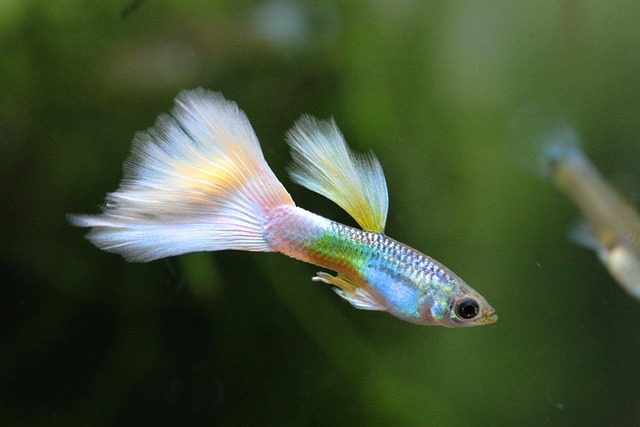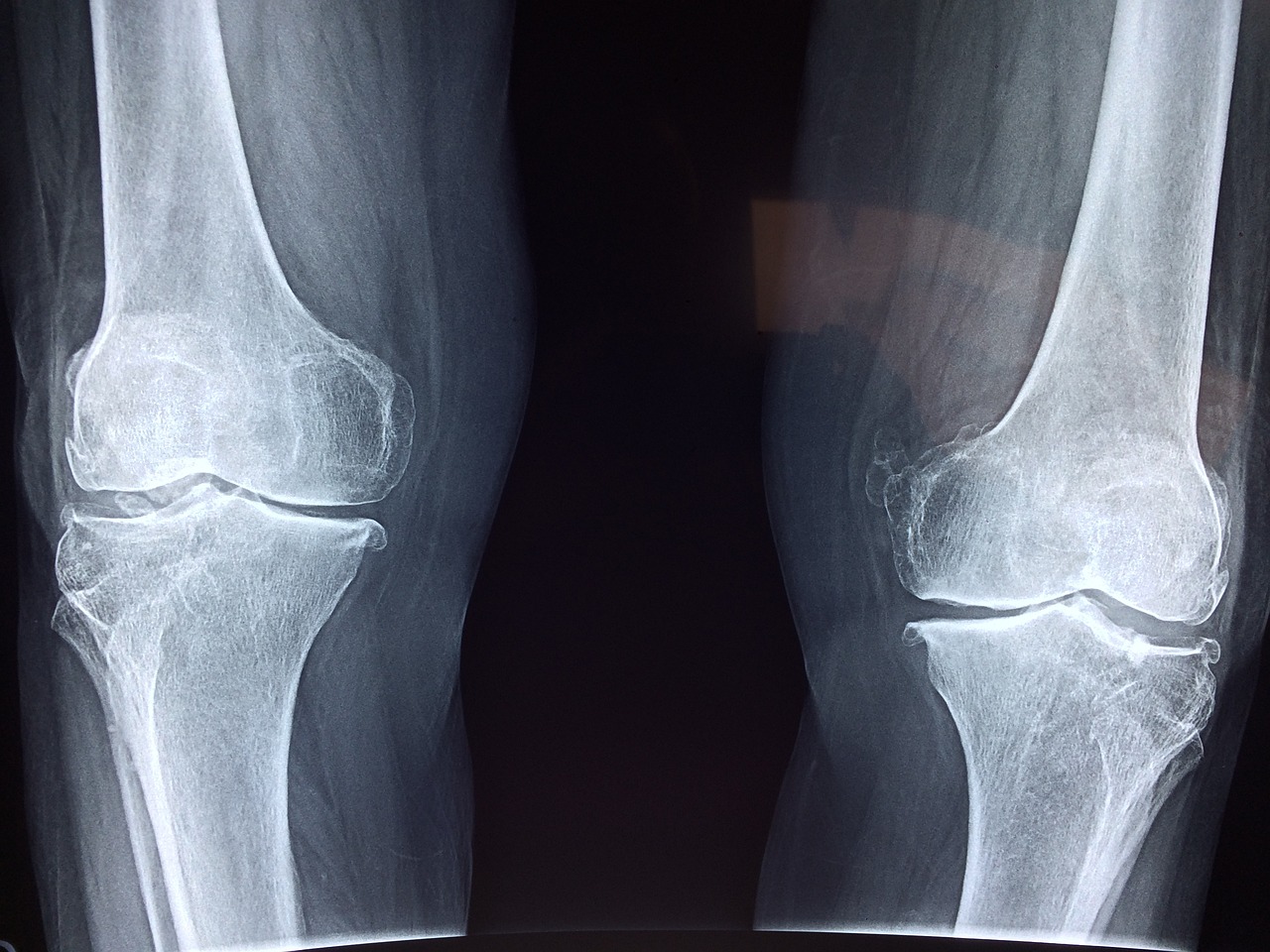Article Title:What's so Critical About Critical Oral History?
Abstract:
James Blight, David Welch, and Janet Lang developed Critical Oral History in the 1980s and 1990s as an attempt to expand foreign policy history's understanding of the past beyond a document-based epistemology. Despite this new method's incorporation of oral history into its name, Blight, Welch, and Lang utilized few methodological or theoretical perspectives from oral history. While Critical Oral History has had a small renaissance in foreign policy history research in recent years, differentiation from political science's method of expert interviews is still largely absent. In this article, I argue that if international history and international relations researchers are to use the concept of oral history as opposed to expert or elite interviews, it should be an indicator of the type of epistemological assumptions and thus, methodological analysis, in which memory is problematized. This will allow foreign policy history researchers to open a new variety of research questions and analytical foci while also problematizing memory. For oral historians, it offers reflections on intersubjective power relations and opportunities to expand understandings of misremembering, silence, and other key tenets of oral history theory. Examples from oral history interviews with retired Finnish and American diplomats are presented to implement these ideas in what I term a Foreign Policy Oral History method and methodology.
Keywords: critical oral history; foreign policy; foreign policy history; international history; international relations; memory
DOI: 10.1080/00940798.2024.2310467
Source:ORAL HISTORY REVIEW
Welcome to correct the error, please contact email: humanisticspider@gmail.com



